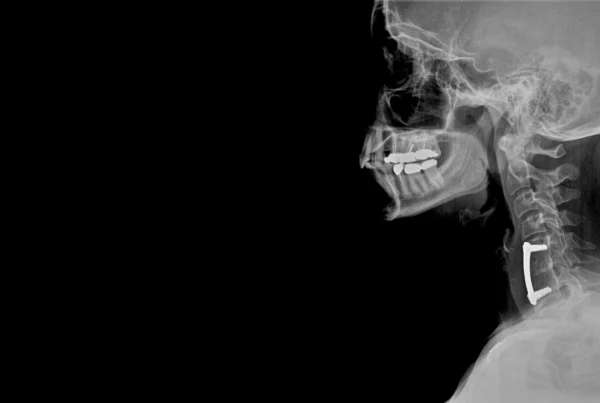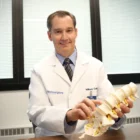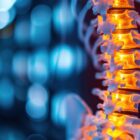If you have back or leg pain due to a slipped disc, different treatments are available to help with pain and other symptoms.
Your doctor may recommend conservative treatment like physical therapy and exercise. Chiropractic care may help, and anti-inflammatories or steroid injections may be used to manage inflammation that occurs with a herniated disc.
If your pain continues after conservative treatment, you may need to consult with a neurosurgeon to consider a surgical procedure.
The goal of herniated disc surgery is to remove disc material that may be causing pressure on the nerves. The procedure helps to relieve pressure which can improve pain and increase mobility.
Some neurosurgeons use a specialized approach to slipped disc surgery called minimally invasive spine surgery.
During this procedure, a small incision is made and specialized instruments are used to view and cut away the damaged disc.
Your lumbar muscles stay intact during minimally invasive spine surgery since small incisions are made in the tissue to introduce the surgical instruments.
Since the incision is small, many patients report less pain and greater mobility after surgery. The benefit of minimally invasive spine surgery is that it may lessen recovery time.
There is also less bleeding and risk of infection during the procedure since the incisions are small. These expected benefits mean a faster return to your normal lifestyle after surgery.
If you are considering surgery for a slipped disc, you should work closely with your neurosurgeon to understand the type of surgery you are having and what to expect. Your doctor should explain the details of your surgery and answer any questions you have.
Slipped Disc Surgery Recovery
So what is the slipped disc surgery recovery time? What can you expect from surgery and from the recovery period?
If you have had a minimally invasive microdiscectomy, the goal will usually be to get you home as soon as possible. After surgery, you will get out of bed and sit in a chair or walk to the bathroom.
As you feel better, you can begin walking up and down the hospital corridor.
You will be given some food. Once you can walk with your pain controlled, urinate, and keep food down, usually you can go home.
If you have had an open microdiscectomy typically you will be admitted overnight for observation regardless of your progress.
One Week after Surgery
While at home, you will need to be careful about your movement.
You should use proper posture when sitting and standing, and avoid heavy lifting or frequent forward bending. You must protect your back so that it can heal properly.
It's time to get back
to doing what you love.
You will be encouraged to slowly increase your activity level during the first week of recovery after surgery for a herniated disc.
Walking is a great exercise after surgery since it helps to improve aerobic endurance and promote circulation in your body.
During the week following surgery, you can slowly increase your activity level while protecting your back by avoiding bending, lifting and slouched sitting.
You should remain out of work during the first week after your herniated disc surgery.
You should watch your incision for redness, swelling or discharge which may be signs of infection. By the end of the first week, you will follow up with your doctor who will check your incision and monitor your symptoms.
Three Weeks After Surgery
In the third week of recovery after herniated disc surgery, you may consider returning to work if your job is low impact. If you work in an office, you should practice good posture and maintain a neutral position for your spine when sitting or standing.
If your job requires physical labor or heavy lifting, your doctor may recommend that you remain out of work for a few more weeks to make sure you heal properly.
Walking and activity should increase, with a goal of returning to everyday light activity by the end of three weeks. You may start physical therapy if needed, but many patients who have minimally invasive spine surgery enjoy a quick recovery without needing any rehabilitation after surgery.
By week 4 after surgery you should feel close to fully recovered. At that time you can slowly get back to your normal day-to-day activities.
You should be able to return to high intensity activity by the sixth to eighth week after your slipped disc surgery.
If you are considering surgery for a herniated disc, a trusted neurosurgeon can help guide you through the recovery process.
Understanding what to expect after surgery can help you focus on a complete recovery so you can you quickly and safely return to your previous level of activity.

About Dr. Michael G. Kaiser
Dr. Michael G. Kaiser is a nationally recognized neurosurgeon in North Jersey and is a proud member of Neurosurgeons of New Jersey, practicing out of their Ridgewood office conveniently located on East Ridgewood Avenue. Dr. Kaiser specializes in complex and minimally invasive spine surgeries.









